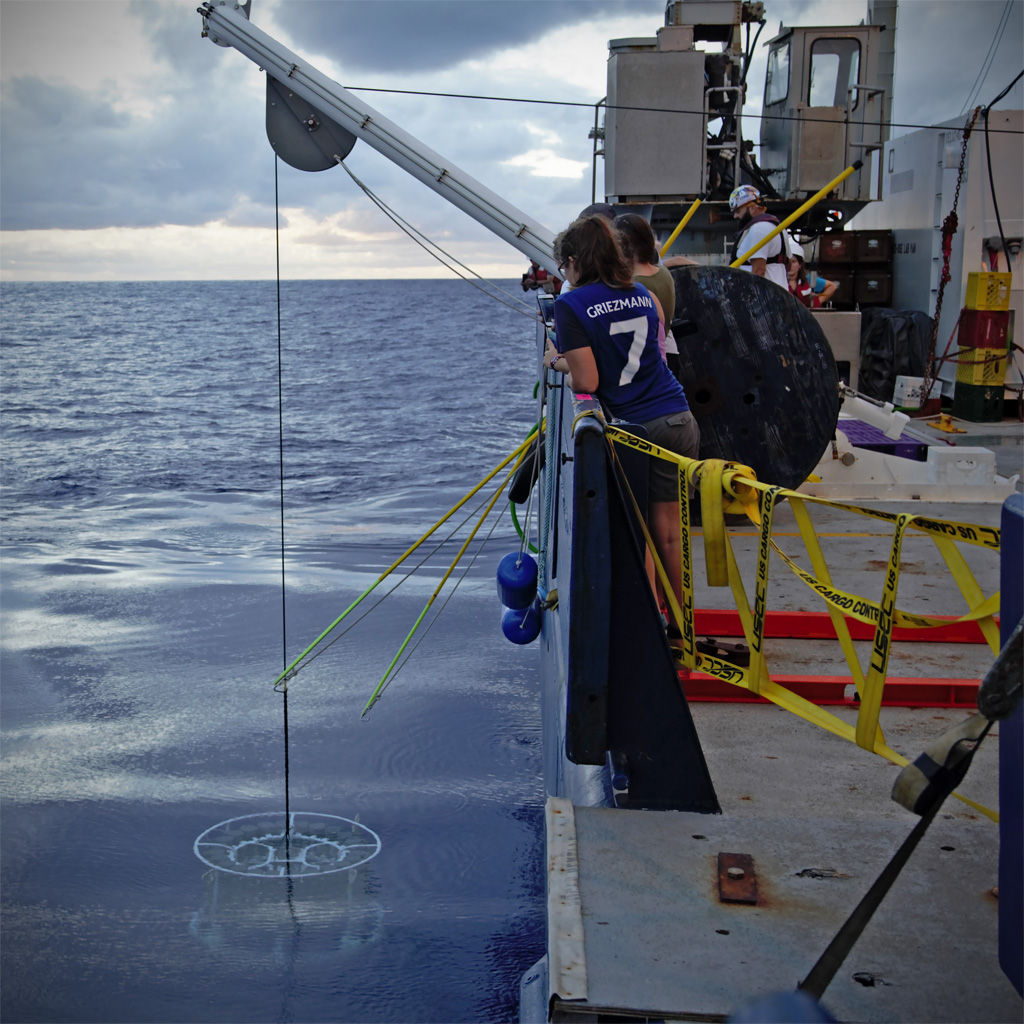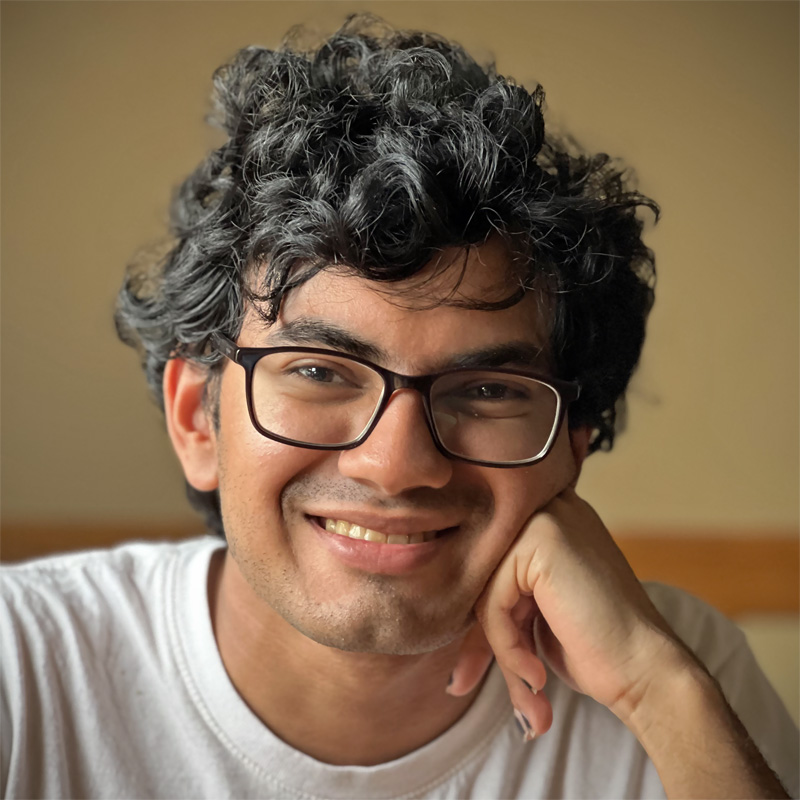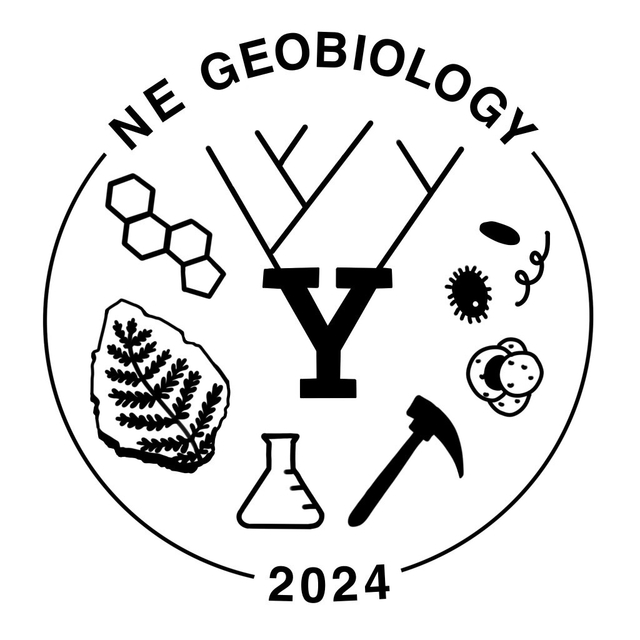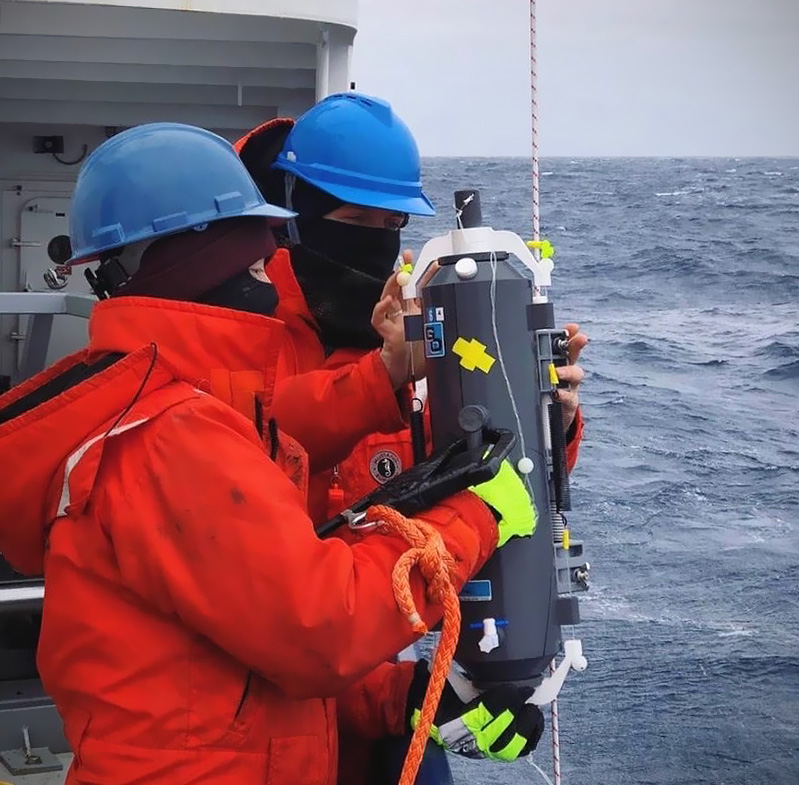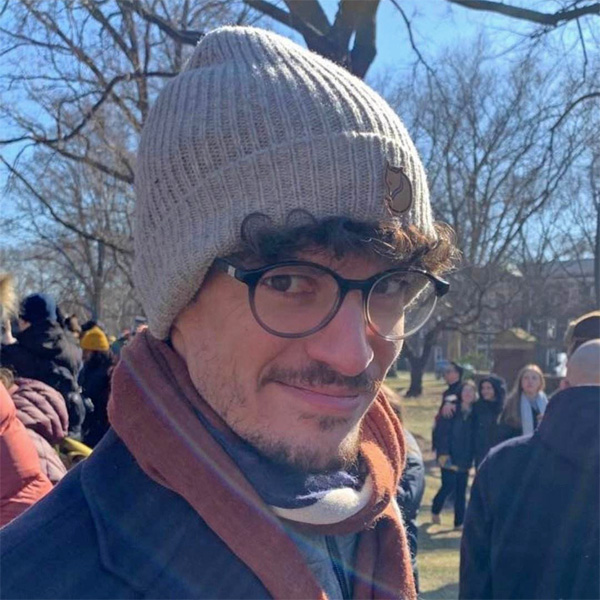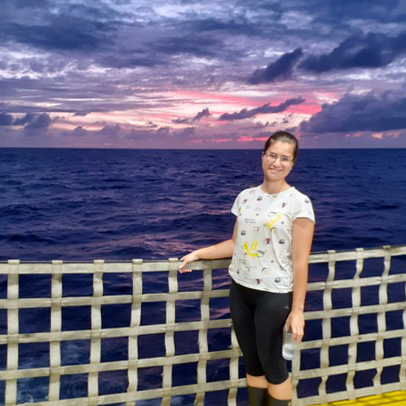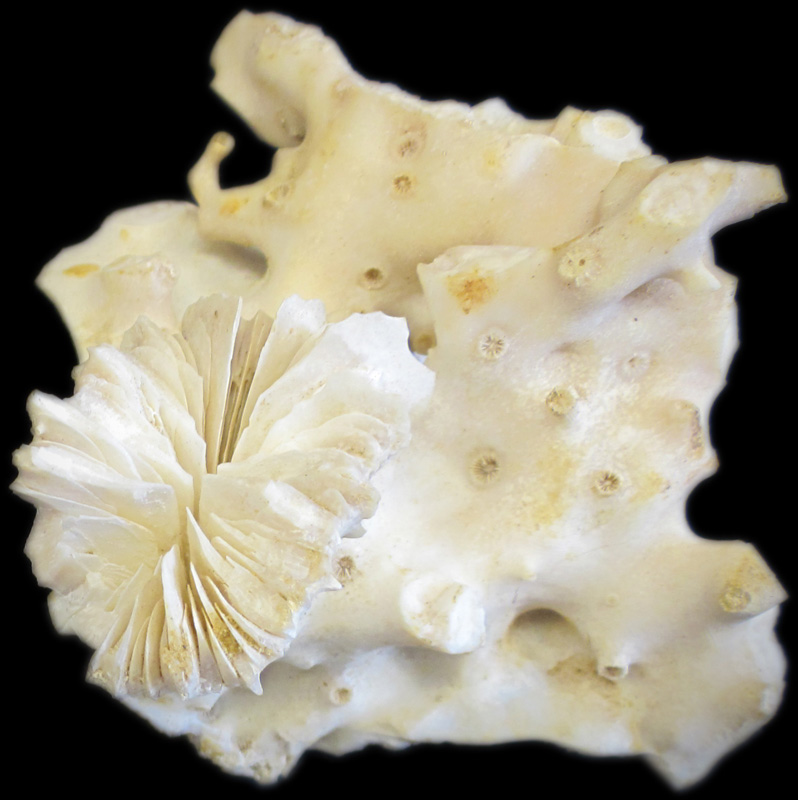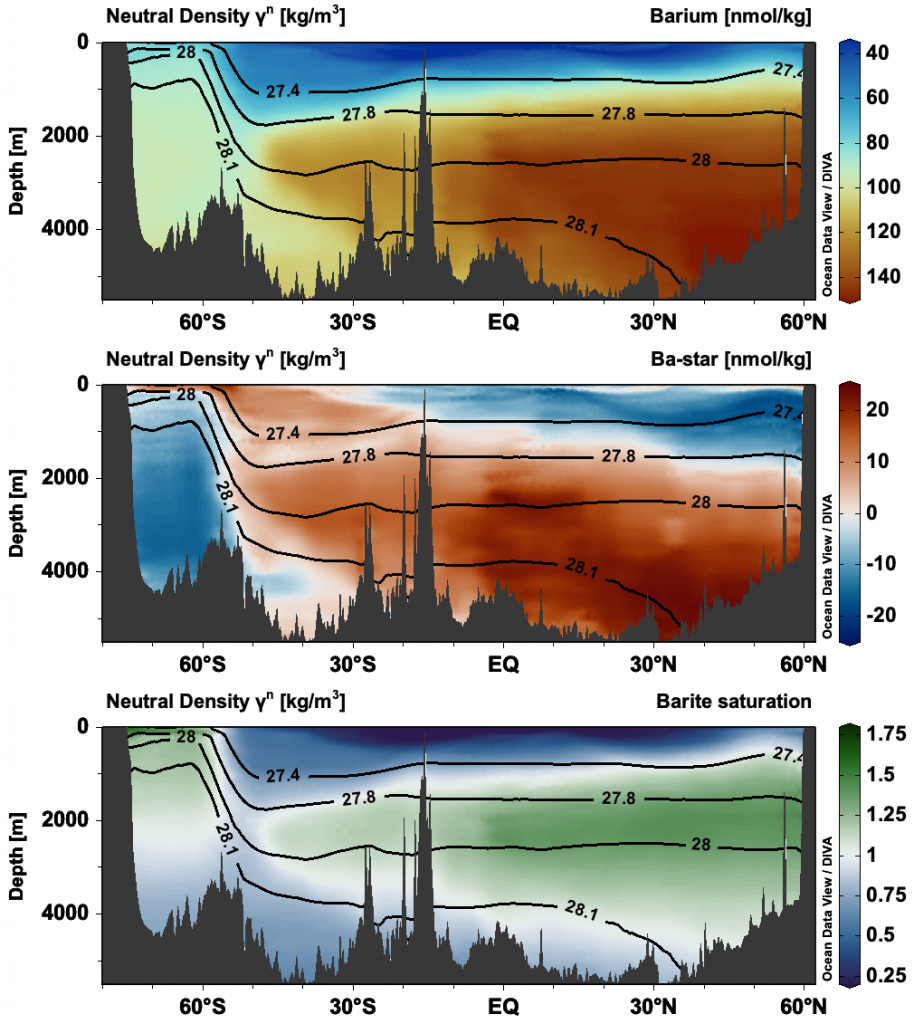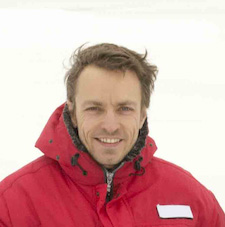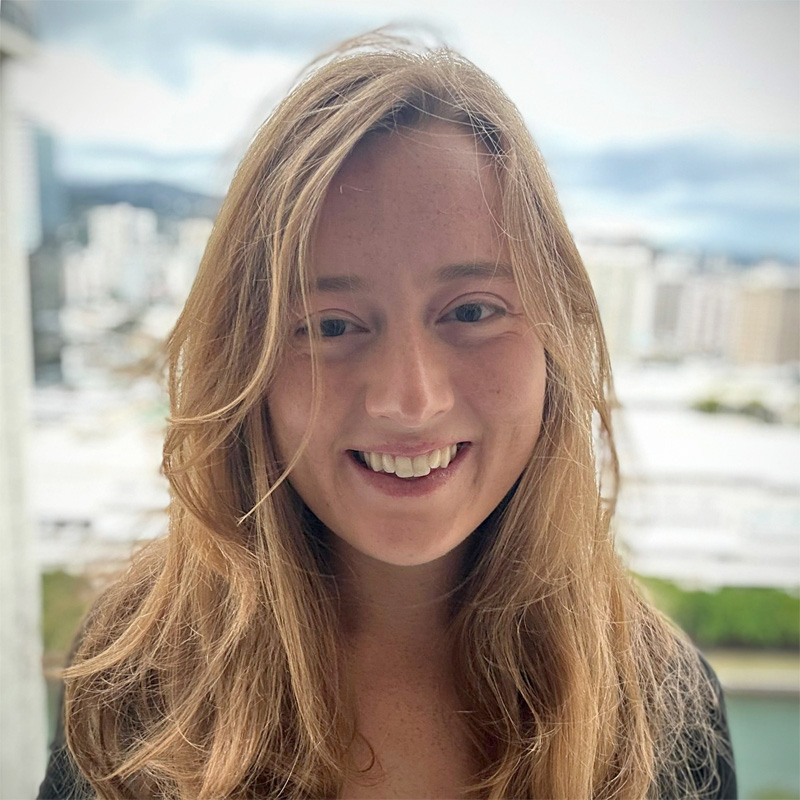Posts by Tristan Horner
Paper in press: Biogeochemistry and budgets of barium and radium-226 in the Pacific
I’m delighted to report publication of ‘Controls on dissolved barium and radium‐226 distributions in the Pacific Ocean along GEOTRACES GP15,’ in a special issue of Global Biogeochemical Cycles dedicated to The U.S. GEOTRACES Pacific Meridional Transect (GP15). The study was led by Emilie Le Roy, who was a NIRVANA Lab Postdoc between 2019–2021. Below is a…
Read MoreWelcome Evren!
We are thrilled to welcome Evren Arif to the NIRVANA Labs as a Summer Student Fellow for 2024. Evren is currently a junior at Tufts University, where he studies Environmental Geology and Applied Mathematics. He has a keen interest in the intersection of mathematical modeling and biogeochemical processes. Evren’s project will build upon a recent…
Read MoreNortheast Geobiology Symposium 2024
Several members of the NIRVANA Labs are in New Haven, Connecticut, for the 2024 edition of the Northeast Geobiology Symposium, which is being hosted by Yale University. Ichiko Sugiyama has a 09:15 oral presentation, while Margot Debyser and Iulia Streanga are both presenting in the first poster session: Debyser, M.C.F., M.A. Charette, P. Henderson, and…
Read MorePaper in press: Characterizing the controls on the cadmium isotope composition of marine sediments
I’m really pleased to report the publication of a study, led by Logan Tegler (MIT–WHOI Ph.D., 2023), in Geochimica et Cosmochimca Acta, titled “Refining the roles of productivity, redox, and remineralization on the cadmium isotope composition of marine sediments.” The study can be accessed for free until May 23rd, 2024, by clicking this link; after…
Read MoreWelcome Pierre!
I’m happy to welcome Pierre Cadeau, Postdoctoral Fellow, to the NIRVANA Labs! Pierre plans to investigate how non-traditional stable isotope systems, such as cadmium and nickel, can be used to trace Earth’s biogeochemical evolution. His project is supported by a Marie Skłodowska-Curie Actions Postdoctoral Fellowship and is being conducted in collaboration with Oliver Rouxel (Ifremer).…
Read MorePaper in press: Insights into iodine cycling in the Subtropics
I’m delighted to announce the publication of a study, led by Iulia Streanga, examining iodine cycling in the subtropical North Pacific Ocean. Our study aimed to uncover the dynamics of iodine redox transformations in seawater, particularly the conversion between its oxidized and reduced inorganic forms, and shed light on the rates at which these transformations…
Read MorePaper in press: Iodine incorporation into deep-sea corals
I’m excited to report publication of a new study led by Lorena Sun investigating the incorporation of iodine into deep-sea scleractinian and bamboo corals. The paper is published in a Special Issue of Frontiers in Marine Sciences titled The Marine Iodine Cycle, Past, Present and Future. Oxygen is vital for marine life, and understanding how…
Read MorePaper in press: Barium in seawater ‘solved’
We’re pleased to announce publication of a study led by Öykü Mete (SSF, 2021), published in Earth Systems Science Data. In this study we constrain the distribution of barium in the global ocean using machine learning. We developed thousands of machine learning models that could predict barium concentrations in seawater using GEOTRACES results from in…
Read MoreWelcome Georgi!
I’m pleased to welcome Georgi Laukert, Postdoctoral Fellow, to NIRVANA! Georgi plans to study how changing sea ice affects macro- and micronutrient cycling in the Arctic (Project ICEotopes). He project is being conducted in collaboration with Tristan Horner and Kate Hendry (British Antarctic Survey) and is supported by a Marie Skłodowska-Curie Actions Postdoctoral Fellowship. Welcome…
Read MoreCongratulations Dr. Tegler!
Congratulations to Dr. Logan Tegler, who successfully defended her Ph.D. thesis today! Logan’s thesis is titled: “From the atmosphere to the abyss: Tracing organic carbon deposition, cadmium isotopes, and iron cycling using marine sediments,” and is available to download from DSpace@MIT. Well done Logan, incredible work!
Read More
